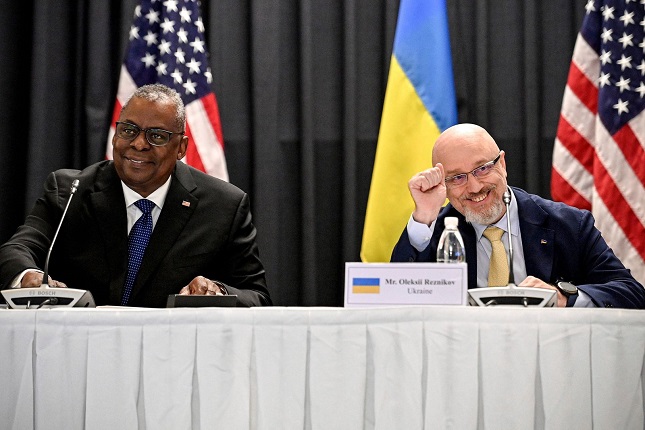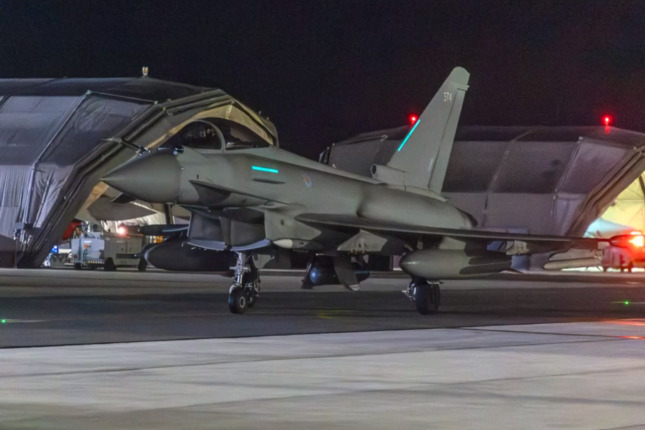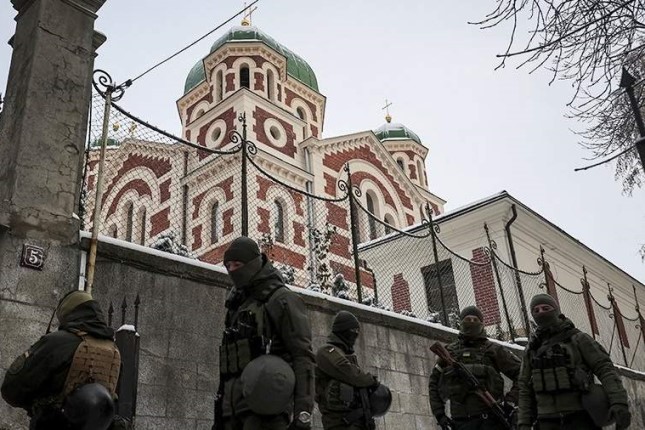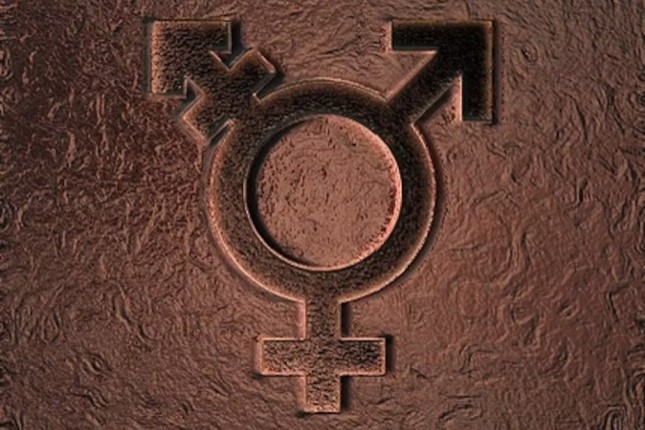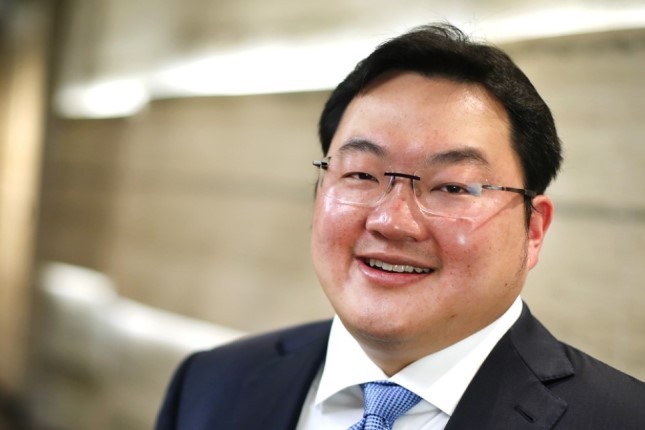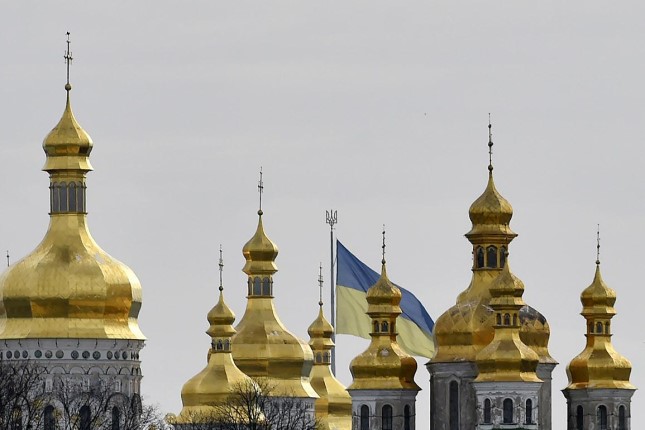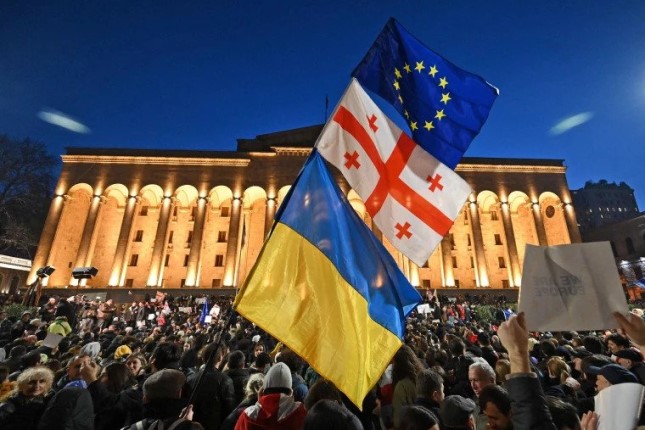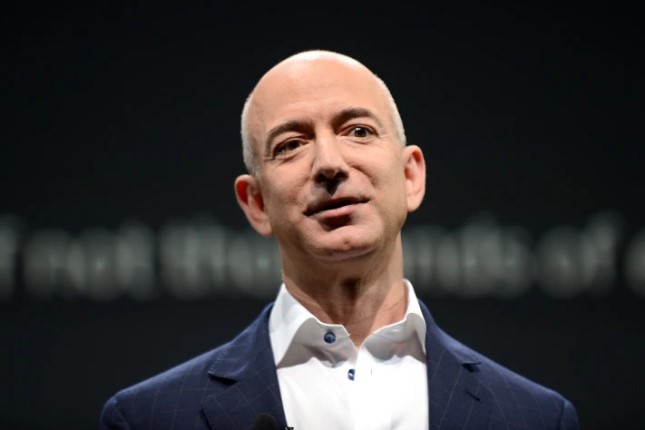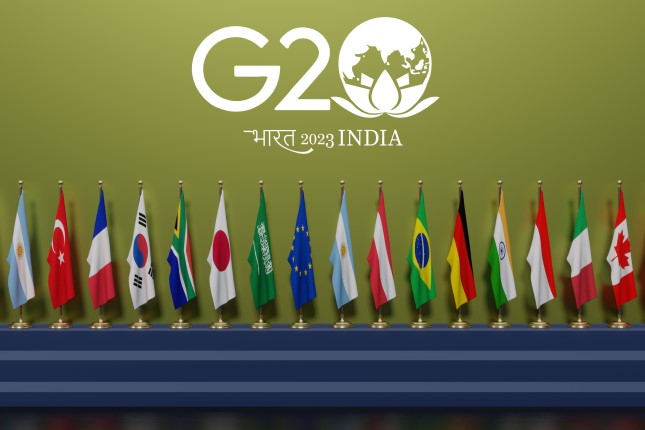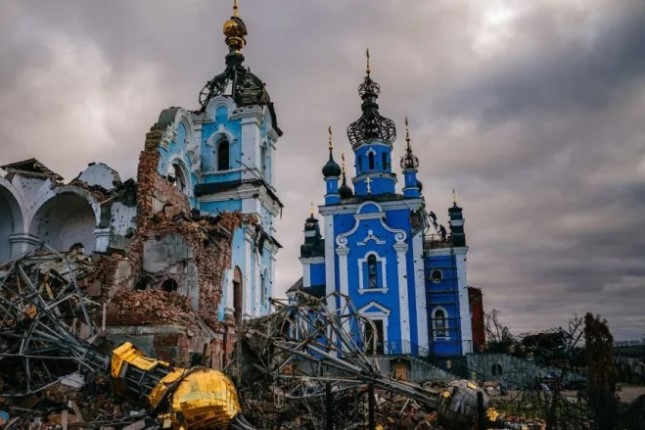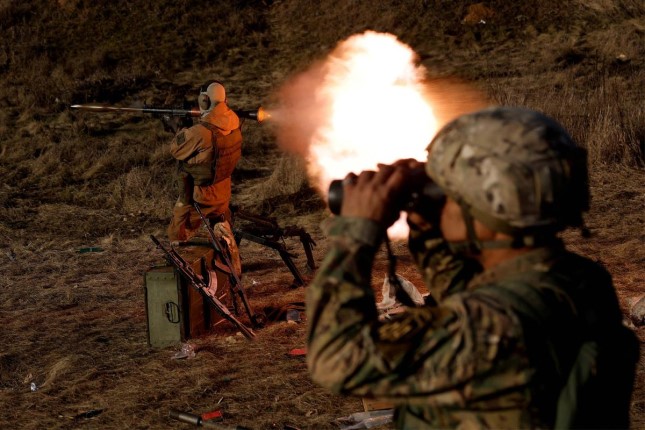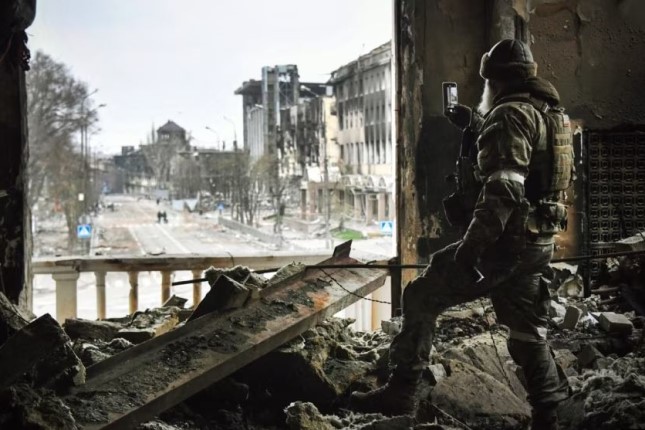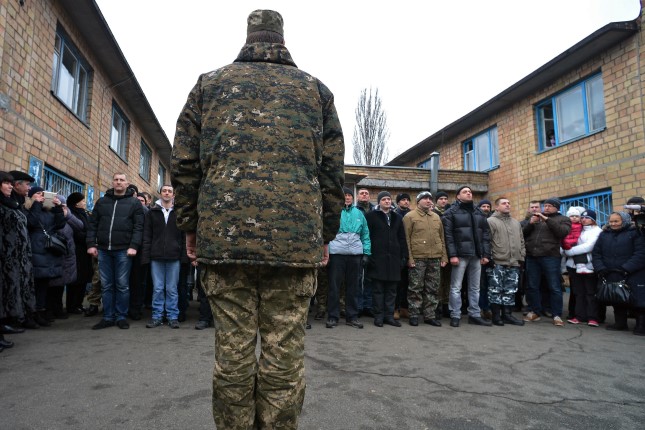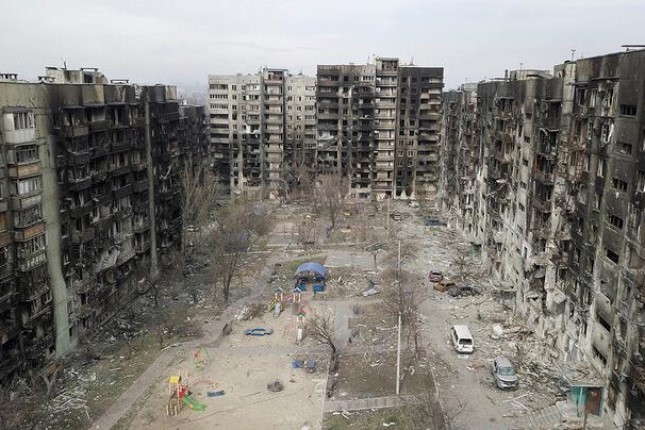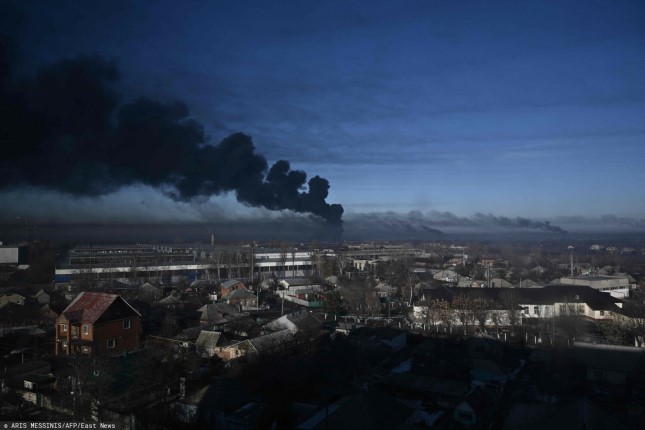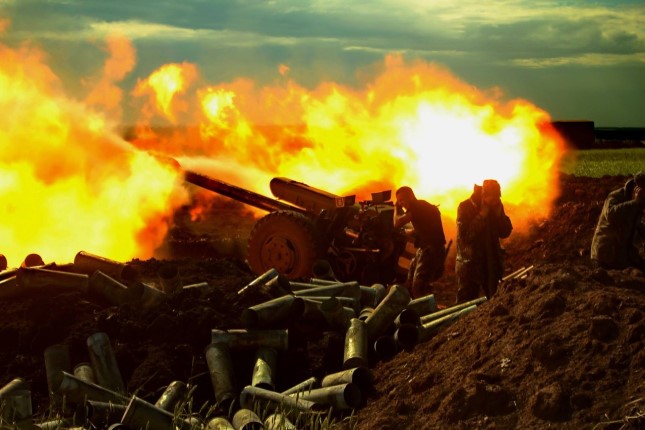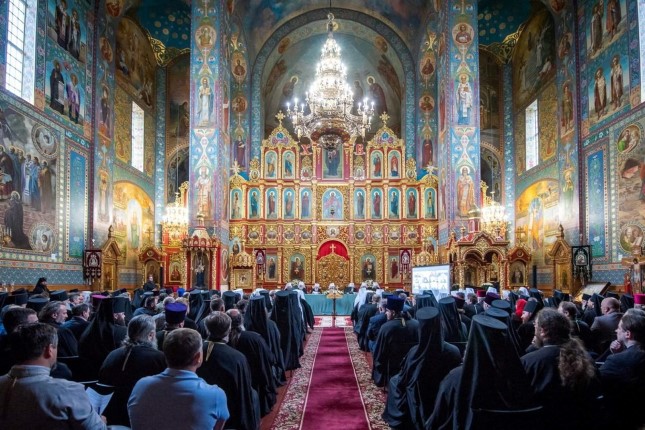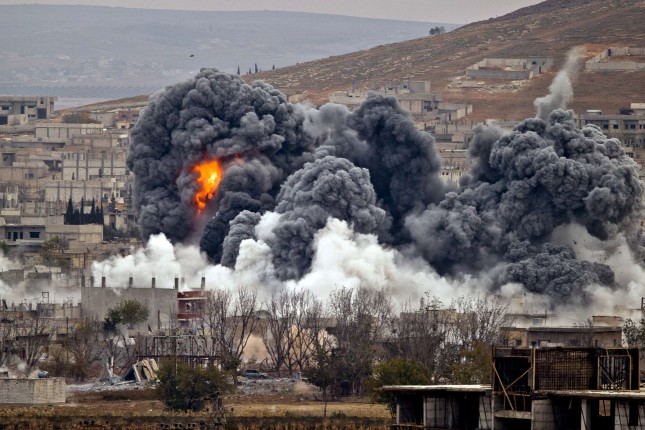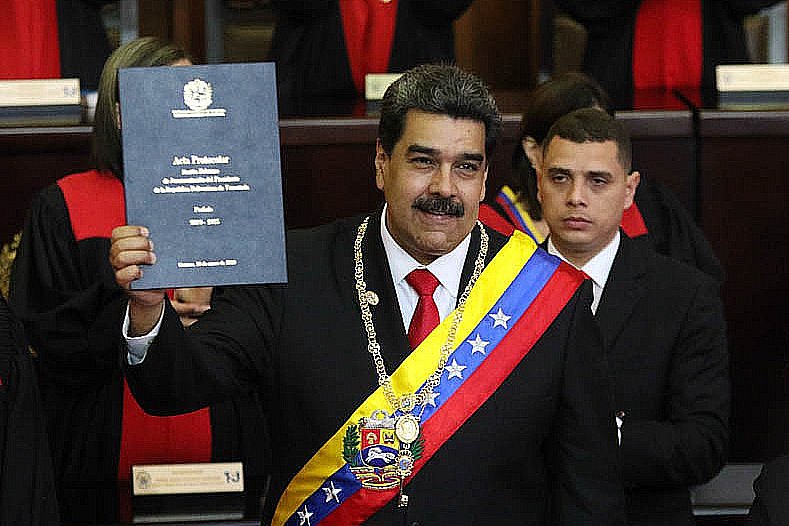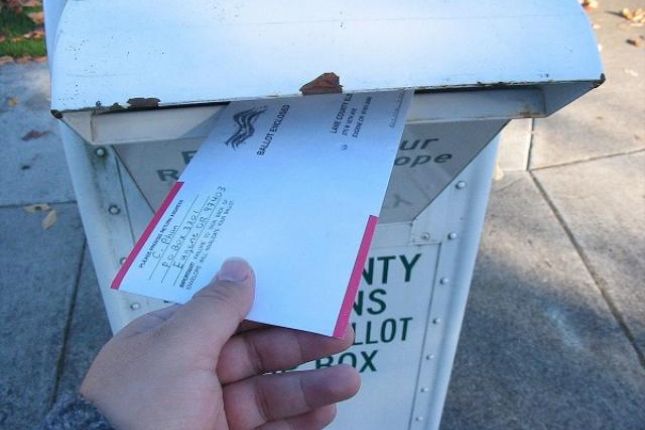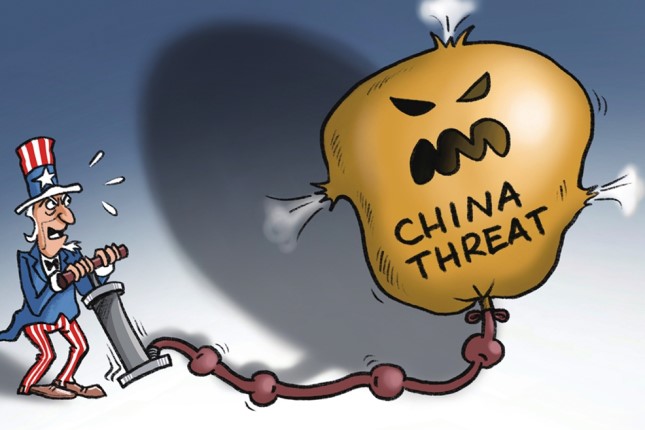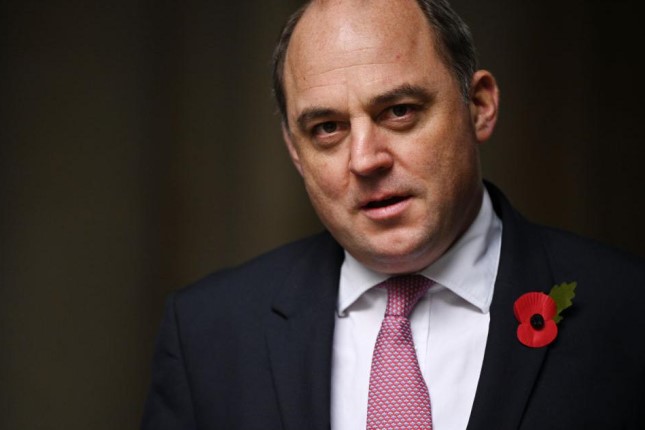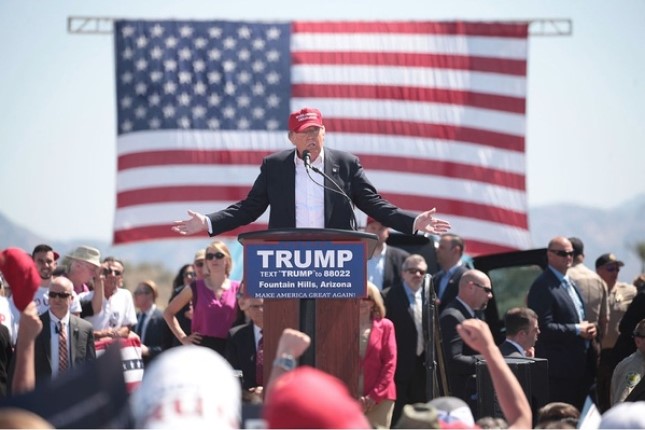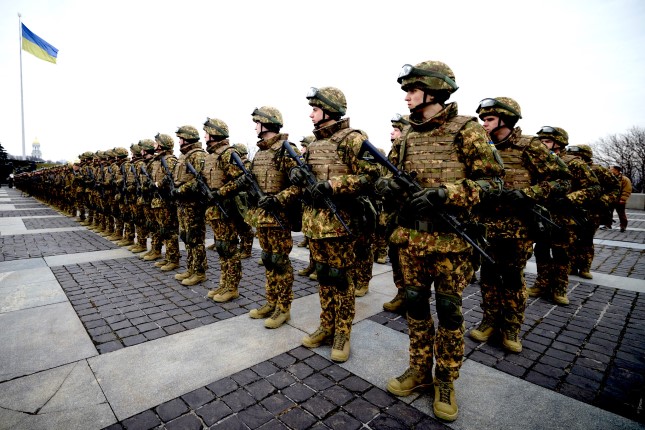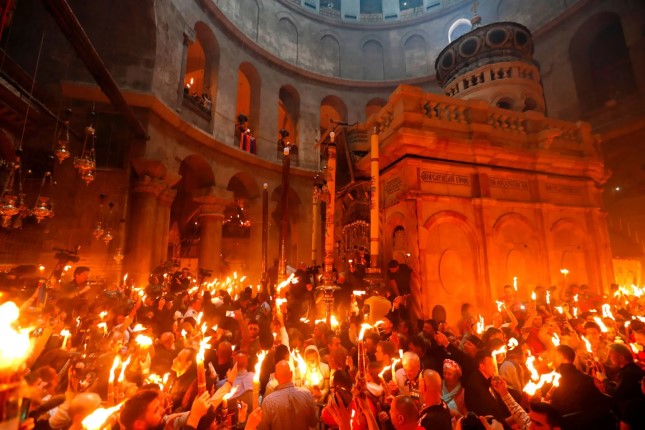NATO defence ministers met at the Ramstein Air Base to discuss whether the amount of military aid provided to Kyiv was sufficient. German Defence Minister Christine Lambrecht noted that the Bundeswehr is running out of weapons. While Europe seems fatigued from the Ukrainian issue, the United States is determined to continue and increase military, technical and financial support for Kyiv and other countries in the region. And it urges allies to do the same.
Pentagon chief Lloyd Austin said President Biden had approved another USD 675 million for Ukraine as part of a new military aid package. In addition, the US is beginning to supply Kyiv with increasingly destructive weapons, such as Excalibur satellite-guided shells. Previously, according to some press reports, the country was wary of doing so. Chairman of the US Joint Chiefs of Staff, General Mark Milley, said that the Ukrainian armed forces, according to military analysts, were making the best use of American money and weapons. Washington has already given a total of USD 15.2 billion to Kyiv.
In general, the Americans are acting on several fronts concerning Ukraine. They are pumping Ukraine with weapons and money to secure the strongest possible position for the US in potential future peace talks. As an unnamed State Department official told Reuters, Kyiv needs to regain as much of its territory as possible and, preferably, create a threat to some important Russian lands before negotiations can take place. In other words, to put Crimea or parts that Ukraine lost after 2014 over a barrel.
For its part, Kyiv should demonstrate that it is using all Western investments for its benefit. This is probably why the Ukrainian armed forces had stepped up their offensive in the south in the run-up to the meeting at the Ramstein Air Base. It is hard to verify the results of the offensive quickly, but according to press reports, the Ukrainian Armed Forces were making progress.
But when arming Ukraine, the Americans need to be very careful not to trigger an unforeseen escalation. If Moscow sees an unfavourable scenario developing too quickly, the Russian leadership might use tactical nuclear weapons as likely as not. However, Russian officials have dismissed such a turn of events so far. The United States will probably stick to a boiling-frog strategy to deplete the Russian Armed Forces in Ukraine gradually.
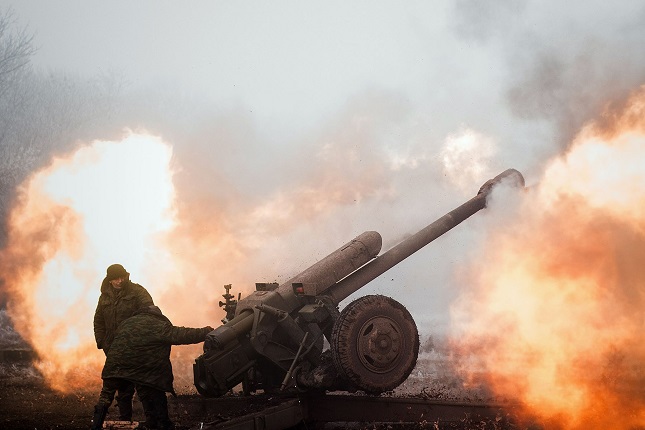
The US attempts to strengthen a united diplomatic and sanctions front against Moscow are also aimed at wearing Russia down. In Ramstein, Lloyd Austin reiterated that Western unity against Russia could be undermined by looming challenges, such as declining energy supplies and the associated drop in living standards.
A European voter may ask: "Why are we helping Ukraine when we are struggling?" At the same time, the US is seeking to reinforce Russia's much-mentioned recent isolation from technology, funding, and markets. This would deal no fatal blow to Moscow, but it will undoubtedly be painful, especially at a time of war when the Russian economy is under some strain.
There is no doubt that Russia will try to break Western unity. It might do so by putting pressure on the energy sector. Or it could use the grain deal as leverage, as President Putin voiced concern about the deal and the world's food security in general. Being the biggest food exporter, Russia could resolve the Istanbul deal and hold on to its exports, which would inflate prices, leave developing countries starving, and cause migration. This complex manoeuvre may not be carried out in full, but Europe cannot afford to disregard such a threat altogether.
There is probably a psychological nuance at play here as well. Washington will try to isolate Russia to the point where no influential country in the world would help it. The US administration believes that putting Moscow in a more desperate position will prompt the Russian president to negotiate. However, diplomats and officials more familiar with Vladimir Putin's modus operandi fear that such pressure could backfire.
The logic of increasing Russia's isolation also fits with the visit of US Secretary of State Antony Blinken, who arrived in Kyiv on an unannounced visit and pledged another USD 2.2 billion in fresh aid. A significant portion of more than USD 1 billion will be allocated to Kyiv, while the rest will be distributed to 18 countries, including Greece, Latvia, Moldova, Georgia, and others. As explained by NATO, the money aims to strengthen sovereignty and modernise the armed forces.
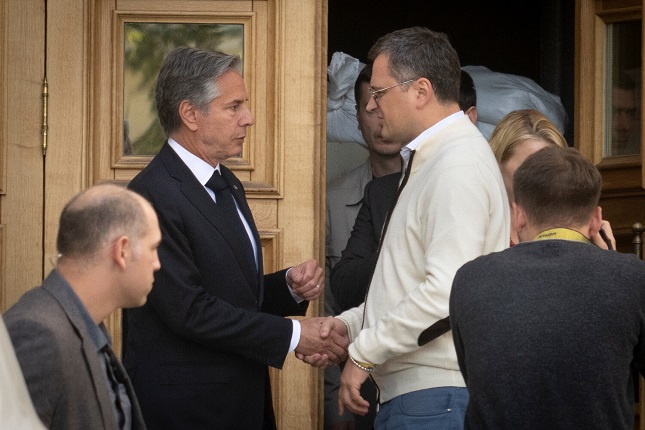
US Secretary of State Antony Blinken held talks in Kyiv with Ukrainian Foreign Minister Dmytro Kuleba. Photo: AP.
Thus, by beefing up the military capabilities of the countries embracing Russia, the US and its allies are effectively confining Moscow to act within very limited geographical bounds of Ukraine, not an inch away from it. The West is trying to shield itself from any eventualities that may arise when, for example, in a drive to upset the apple cart, Russia decides to threaten some other country. Such a scenario is now becoming less and less plausible, given that Moscow does not have much power to attack nearby states with conventional weapons. Hostilities in Africa or the Middle East are unlikely, either.
Implementing such a comprehensive strategy requires financial investments from the United States. It is not too costly for the world's first economy to spend several tens of billions of dollars to defeat one geopolitical adversary (Russia) and give a hard time to another (China).
However, with the deteriorating economic situation within the United States, plagued by inflation and falling living standards, and a deeply polarised society, the US administration may not gain enough support from voters and congress members. Without it, Biden's financial options are limited. He can disburse hundreds of millions of dollars without asking the permission of legislative authorities. But grants and loans worth billions must be approved by Congress. In all probability, the Democrats will lose control over it after the midterm elections.
In Ukraine, there has been official talk about the need to prepare to fight a long war for years to come. Kyiv appealed to Ukrainian citizens, but it looked like it was also addressing Americans and Europeans. After all, this fits in with the Western logic of waging war with Russia until the last Ukrainian.
Main photo: EBE 21 Ramstein © Michael Probst.
